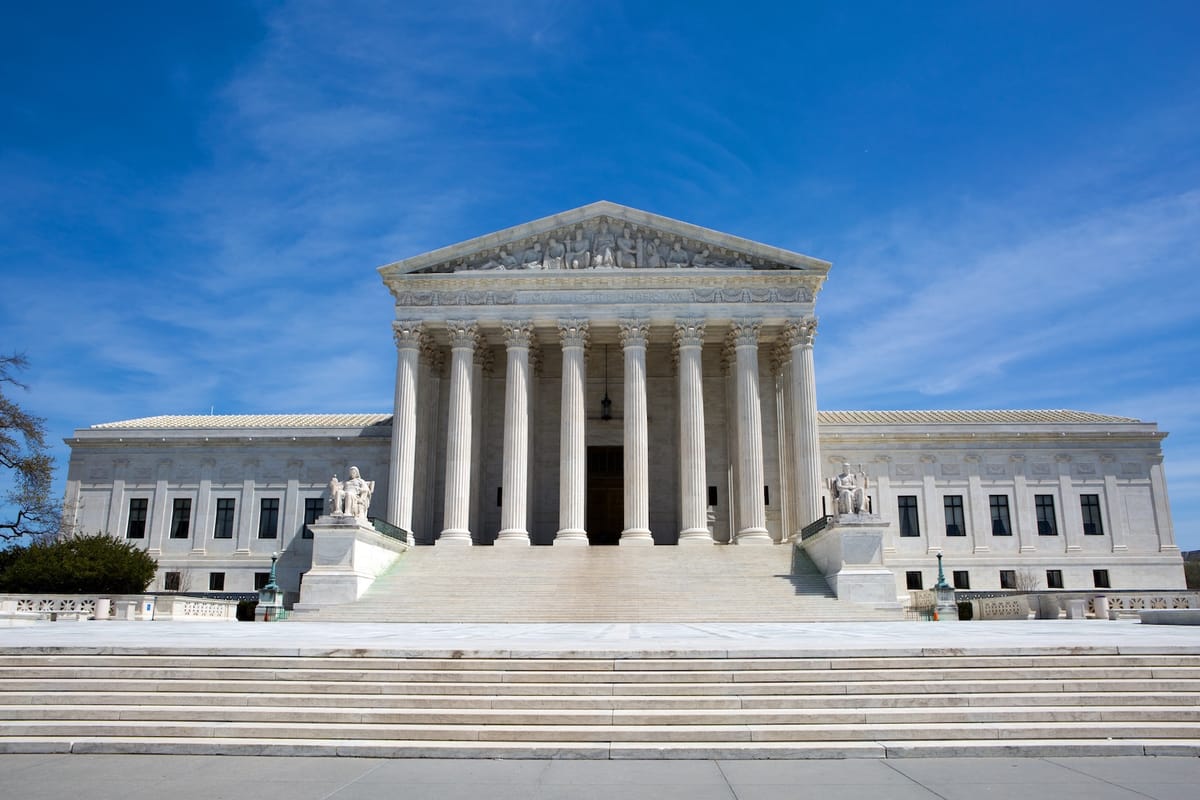

Military Policy Upheld by High Court
On May 6, the Supreme Court issued a ruling allowing the Department of Defense to enforce a policy that restricts transgender individuals from serving in the U.S. military. The decision lifts a lower court injunction that had temporarily blocked the policy, enabling the Pentagon to proceed with discharging transgender service members and barring new enlistments. The policy, rooted in an executive order signed by President Donald Trump in January, targets individuals with gender dysphoria, citing concerns over military readiness and unit cohesion.
The court’s brief, unsigned order provided no detailed explanation, which is typical for emergency appeals. Justices Sonia Sotomayor, Elena Kagan, and Ketanji Brown Jackson dissented, indicating they would have kept the lower court’s injunction in place. The ruling does not address the policy’s constitutionality, leaving that question for future litigation in the U.S. Court of Appeals for the Ninth Circuit.
Policy Details and Implementation
The policy disqualifies individuals with a diagnosis of gender dysphoria from military service unless they obtain a waiver. According to a Defense Department estimate, approximately 4,240 active-duty and National Guard troops have been diagnosed with gender dysphoria, representing about 0.2% of the 2 million service members. The Pentagon began implementing the ban in February, following President Trump’s executive order, which reversed a Biden-era policy allowing open transgender service.
Defense Secretary Pete Hegseth has emphasized the policy’s focus on readiness and deployability. In a February statement, Hegseth responded to a service member’s question about the ban, saying, ‘It’s an ongoing review, with our foot forward on readiness and deployability.’ The policy also halts gender-affirming medical procedures for service members.
Legal Challenges and Military Impact
The lawsuit, led by Navy Commander Emily Shilling, a naval aviator with nearly two decades of service, argues that the policy is discriminatory and unsupported by evidence. U.S. District Judge Benjamin Settle, who issued the blocked injunction, described the policy as a ‘de facto blanket ban on transgender service.’ The government, represented by Solicitor General John Sauer, argued that the military deserves deference in personnel decisions to ensure national security.
The Supreme Court’s decision could lead to the discharge of thousands of transgender troops. The case, Shilling v. United States, remains active in the Ninth Circuit, with the possibility of returning to the Supreme Court for a final ruling on its constitutionality. The administration maintains that the policy is a medical exclusion, not a blanket ban, and is necessary to maintain a lethal and combat-effective force.
Dues are $12 per year. Member benefits:
✅ Ad-Free Website Viewing
✅ Advocacy for Republican Seniors
✅ 120+ Senior Discounts
✅ Member Only Newsletters